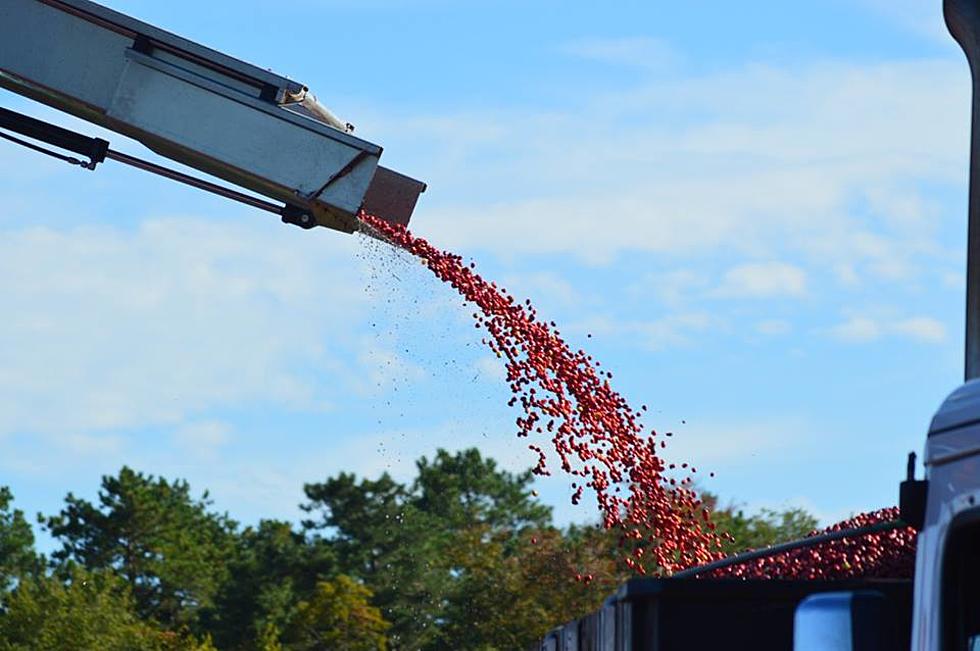
NJ is a National Leader in Fruit Production and Not Just for Peaches
The next few weeks are the most important weeks of the year for Rosedale Blueberry Farm in Hammonton.
The organic 30-acre operation is in all-hands-on-deck mode, seven days per week, attempting to get the most out of the product they've been grooming, and into the hands of the people who want it.
"Georgia, South Carolina, Florida — when they have an off year, New Jersey usually comes in having a better year," said owner Joe Badiacco. "They finished up earlier this year, which makes the Jersey market more favorable."
Much of Badiacco's blueberry harvest ends up in stores like Wegmans and Whole Foods. Locals will also stop by for a fresh package of berries.
The operation represents a sliver of the 44 million blueberries harvested in New Jersey last year, with a production value of $62.4 million. According to figures released in late June by the United States Department of Agriculture, the Garden State is a leader in production of blueberries, cranberries and peaches.
The state's blueberry output in 2018 ranked sixth nationally.
New Jersey is No. 3 in the country for production value of cranberries — $15.8 million in 2018, from 3,100 acres throughout the state.
"We currently average 30 million pounds of cranberries a year," said Stefanie Haines, social media coordinator for Pine Island Cranberry Co. in Chatsworth.
Their busy season doesn't begin until the end of September. All of their produce goes straight to Ocean Spray. The farm joined the cooperative of growers in the early 1930s, according to Haines, who's a fifth-generation employee.
With a production value of just over $41 million in 2018, New Jersey's peach output ranks third in the nation. The state consistently ranks in the top five in peach production value.
"With the harvest for our peaches quickly approaching, we expect to have another outstanding year," said New Jersey Department of Agriculture Secretary Doug Fisher. "We know consumers are looking to make the purchase of Jersey Fresh produce a priority when they are at supermarkets, on-farm markets and community farmers markets."
More From WPG Talk Radio 95.5 FM










